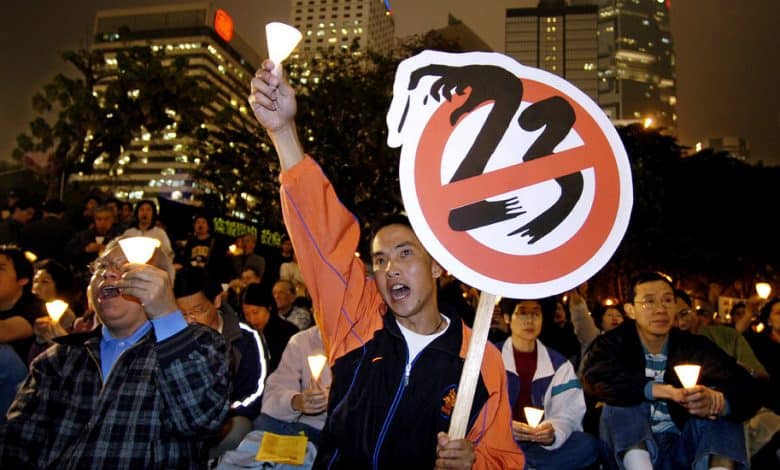Hong Kong’s New Security Legislation Took Decades to Pass. Here’s What to Know.

Hong Kong passed national security legislation on Tuesday, giving officials in the Chinese territory more power to curb dissent, 21 years after mass protests forced the government to backtrack on a plan to introduce such laws.
The legislation targets political offenses like treason and insurrection with penalties as harsh as life imprisonment and expands the scope of what can be considered criminal behavior. Local officials have said it will close gaps in a security law that China’s government imposed on the territory in 2020 after months of huge antigovernment protests.
The security legislation is another significant erosion of freedoms in a former British colony once known for its freewheeling politics and relative autonomy from China. It also highlights how weak Hong Kong’s once-boisterous civil society and political opposition have become over the past four years.
Here’s how Hong Kong got here and what’s in the law.
Grand plans, and pushback
When Britain handed Hong Kong back to China in 1997, the financial hub’s mini-constitution promised residents freedoms not available in the mainland, including a free press and an independent judiciary. But it also called for the eventual passage of national security laws to replace colonial ones the British were leaving behind.
The laws, known collectively as Article 23 for the section of the mini-constitution that mandates them, would have allowed for warrantless searches and the closure of newspapers deemed to be seditious. After hundreds of thousands of people protested in the streets that summer, some top officials resigned and the territory’s top leader withdrew the legislation, saying it would not be reintroduced until it had more public support.
The support never materialized, and other efforts to chip away at Hong Kong’s high degree of autonomy also ran into steep resistance.